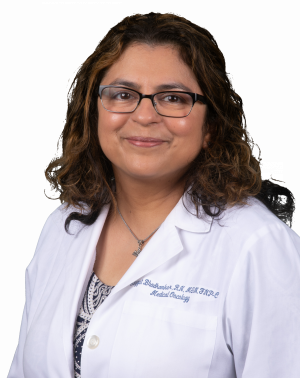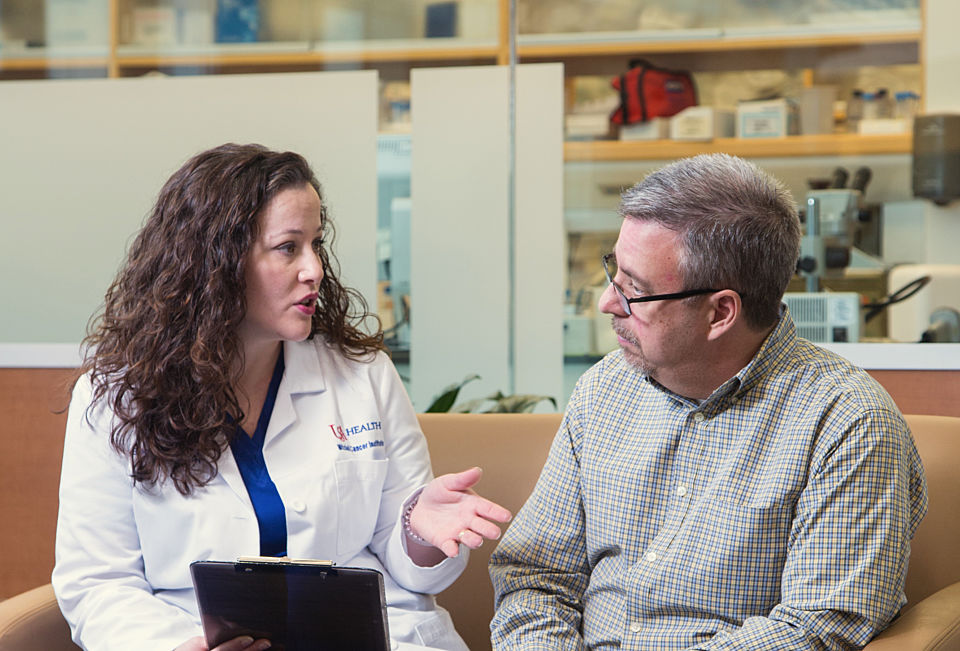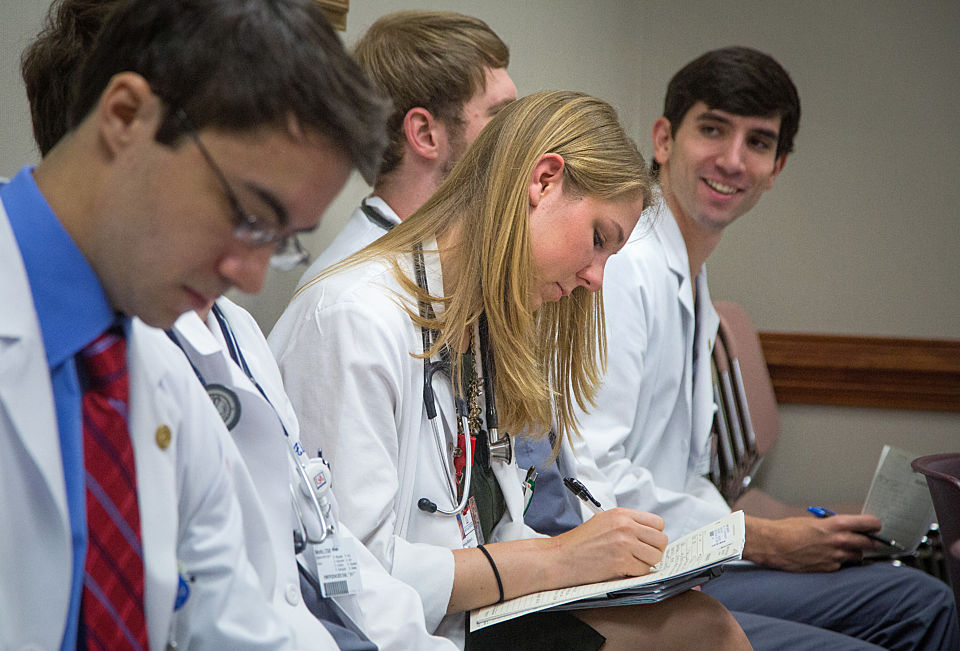The Role of a Medical Oncologist or Hematologist
When people are diagnosed with cancer, they need a doctor who takes the lead in their treatment and serves as a sort of “gatekeeper” for their care. Whether this is a medical oncologist or hematologist depends on the type of cancer.
Hematology: Blood Cancers and Other Blood Disorders
A hematologist is board certified in both oncology and hematology. Hematologists focus on diagnosing, staging, treating and curing blood cancers and systemic diseases such as:
- Leukemia
- Hodgkin’s disease
- Non-Hodgkin’s lymphoma
- Myeloma
Hematologists can also treat non-malignant blood disorders such as abnormally low blood platelets, chronic anemia and hemophilia.
Medical Oncology: Solid Tumor Cancers
A medical oncologist treats cancers that involve a solid tumor—that is, an abnormal growth of cells that mutate and become malignant. These cancers include:
- Breast cancer
- Lung cancer
- Prostate cancer
- Cervical cancer
- Colorectal and colon cancers
- Endometrial cancer
- Liver metastases (secondary liver cancer)
- Ovarian and uterine cancers
- Pancreatic cancer
- Skin cancer (including melanoma)
- Stomach (gastric) cancer
- Head and neck cancers
Oncologists at USA Health bring a deeper level of understanding and expertise to the patients they treat. Each USA Health oncologist focuses on a few specific cancers, rather than all types. As a result, our oncologists remain up to date on findings, discoveries and treatment advances for the cancers in which they specialize.
Tumor Board
One of the many advantages of cancer treatment at USA Health is the tumor board. In these weekly conferences, specialists from several disciplines gather to discuss cases involving specific kinds of cancers.
Together, our team examines the details and peculiarities of each case to reach a consensus about the best approach to treating each patient's cancer. No other provider in the region brings such a broad spectrum of expertise together on behalf of each patient.

























